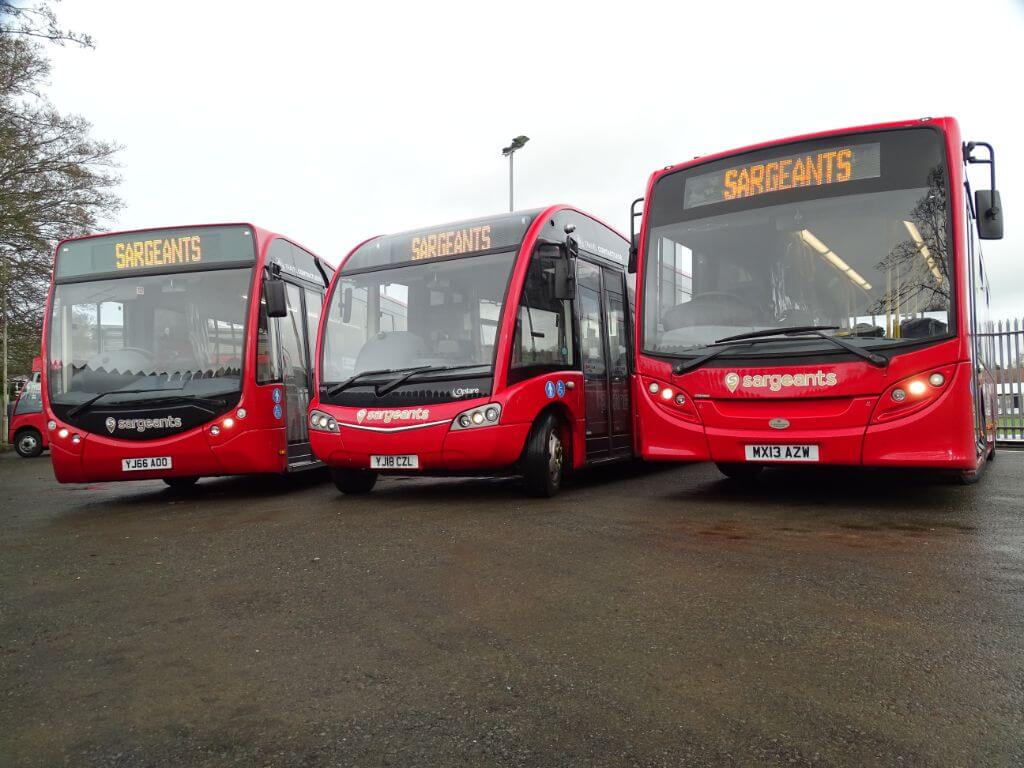
Sargeants Brothers has a long tradition of operating rural bus services in Herefordshire, but a change in ownership in November 2019 has seen the company become ‘21st century ready.’ Richard Sharman paid a socially-distanced visit to find out more
In a former woollen mill in the small village of Kington, Herefordshire, just 2.2 miles from the border with Wales, a small bus company has been quietly undergoing a transformation which has seen significant investment in the fleet, maintenance and on-bus technology.
[…]
By subscribing you will benefit from:
- Operator & Supplier Profiles
- Face-to-Face Interviews
- Latest News
- Test Drives and Reviews
- Legal Updates
- Route Focus
- Industry Insider Opinions
- Passenger Perspective
- Vehicle Launches
- and much more!


